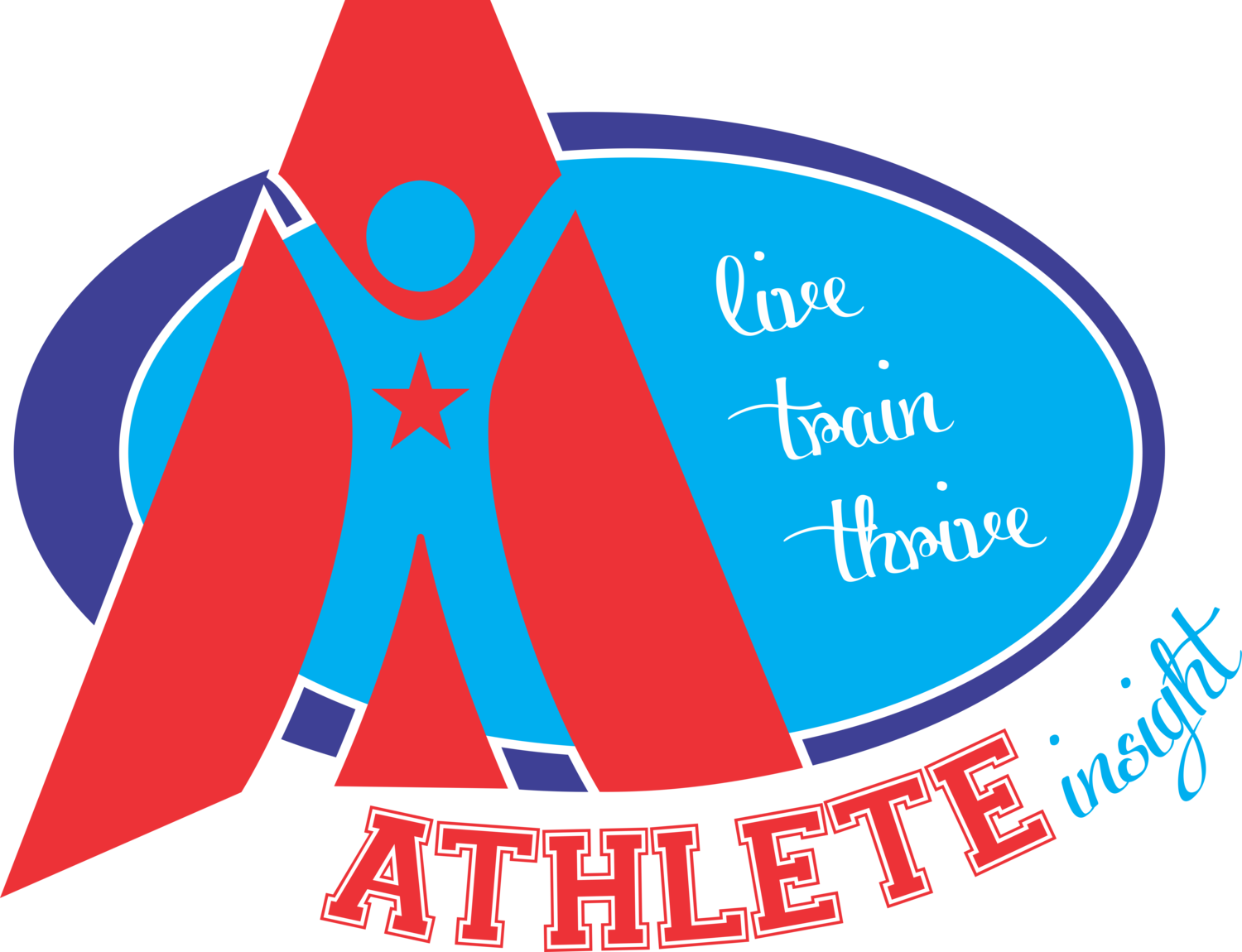By Kate Bennett, PsyD
On the eve of one of our most food-centric holidays of the year, it seems only natural to be thinking about Thanksgiving dinner. For many of us, Thanksgiving is a holiday full of joy, football, and tasty foods that we only eat once a year. For others, those that struggle in their relationship with food, body image, and exercise, this particular holiday presents challenges beyond the daily grind of managing an anxiety-provoking relationship between food and disordered eating behaviors. For those people who dread waking up to turkeys in the oven and apple pies resting on cooling racks, this post is for you: Five ideas for navigating the Thanksgiving holiday.
1. Follow your meal plan! While most people “save room” for the late afternoon feast, make sure to honor your body’s nutritional needs throughout the day. This means following your meal plan, meal by meal, snack by snack, starting with breakfast. Skipping meals and snacks to manage anxiety related to the turkey table will only increase anxiety and emotional reactivity to events throughout the day.
2. Identify your proteins, starches, and fats. Looking at a table full of food can be intimidating and may quickly become overwhelming. Rather than let the options provoke your anxiety, go on a scavenger hunt to identify what proteins, starches, and fats you would like to put on your plate. Worried about the pie? Have it for your evening snack. Remember, when following your meal plan, Thanksgiving dinner does not cancel out the evening snack.
3. Be honest with a support person. Large gatherings of families and friends also exacerbate anxiety. Be honest with a support person about your concerns for the holiday gathering on your schedule. Once you share your concerns, create a code word or signal to share with your support person. If the situation becomes overwhelming (i.e. Aunt Gertrude continues to tell you to eat more) or tiring, flash the signal/whisper the word and rely on your support person to help you graciously navigate your way out of the situation (or home).
4. Plan for self-care. Holidays are as much about spending time with people as they are about connecting with your personal needs. If you are introverted and easily overwhelmed by large groups, plan on an afternoon or evening walk. Too cold outside? Bring a book and quietly excuse yourself to read for an hour. Think about activities that help calm yourself and create a way to integrate them into your schedule. No holiday is too busy for self-care.
5. Be GRATEFUL. While this may be the holiday you dread the most, remember there are always things to be grateful for. Whether you pause in the morning to reflect on your gratitude, share it publicly before dinner, or use gratitude to ground yourself in overwhelming situations, take time to remind yourself that there are positive things in your life no matter the circumstance.
May this Thanksgiving be more positive than the last and bring hope for the future.



